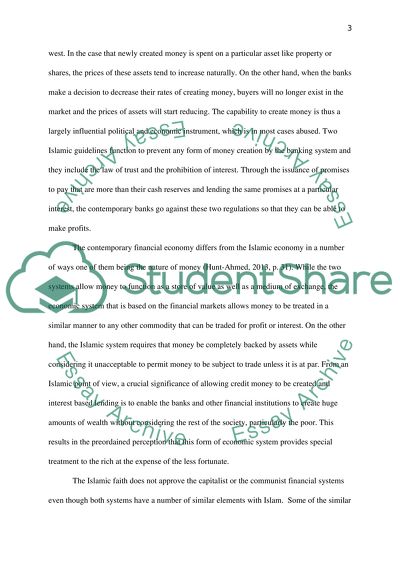Cite this document
(“Money creation in islamic economic system Term Paper”, n.d.)
Retrieved from https://studentshare.org/macro-microeconomics/1671654-money-creation-in-islamic-economic-system
Retrieved from https://studentshare.org/macro-microeconomics/1671654-money-creation-in-islamic-economic-system
(Money Creation in Islamic Economic System Term Paper)
https://studentshare.org/macro-microeconomics/1671654-money-creation-in-islamic-economic-system.
https://studentshare.org/macro-microeconomics/1671654-money-creation-in-islamic-economic-system.
“Money Creation in Islamic Economic System Term Paper”, n.d. https://studentshare.org/macro-microeconomics/1671654-money-creation-in-islamic-economic-system.


